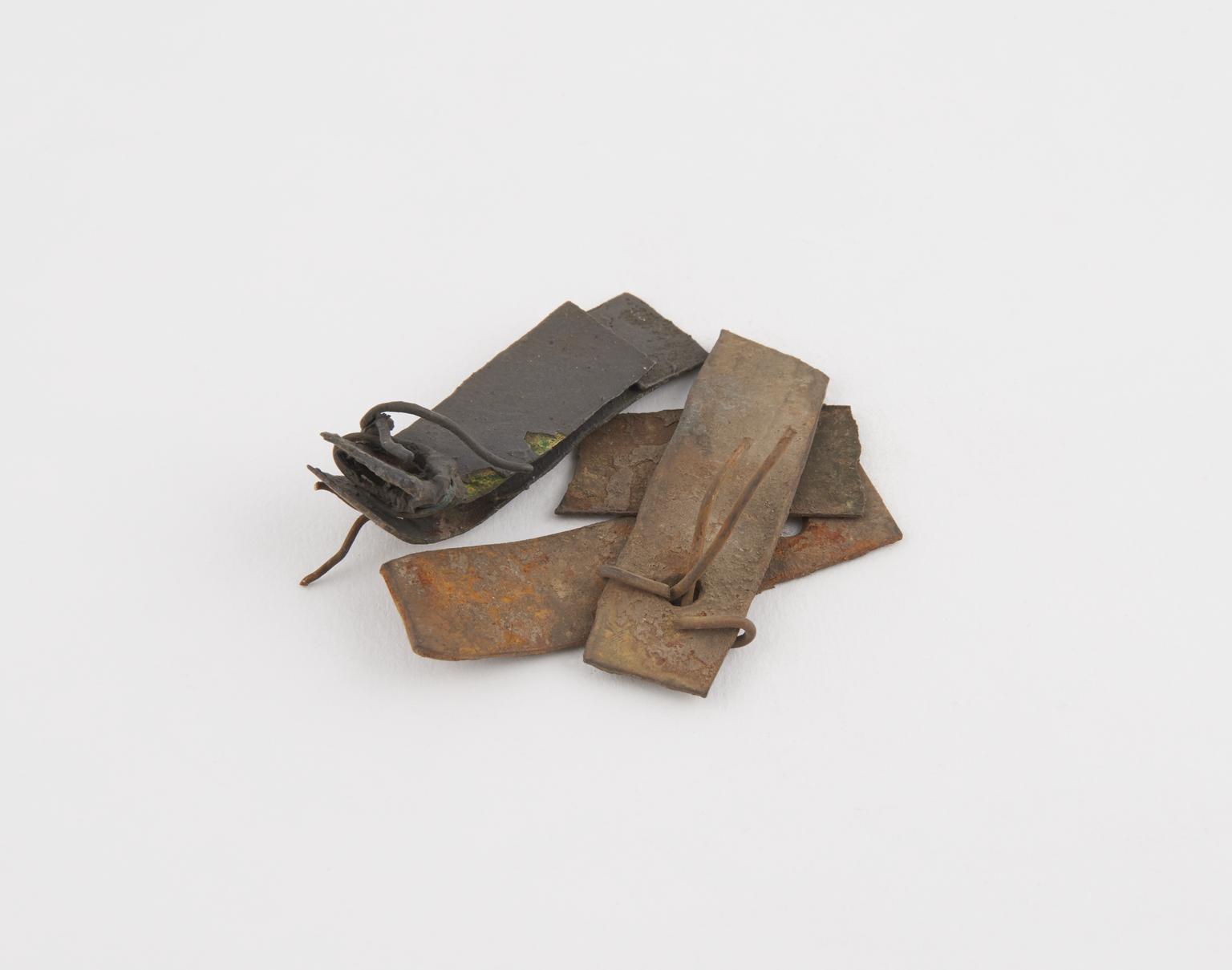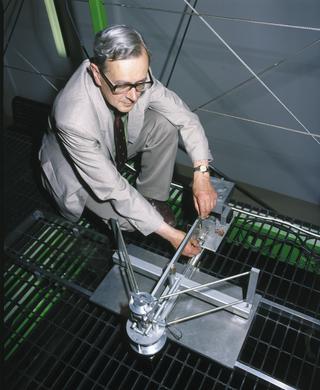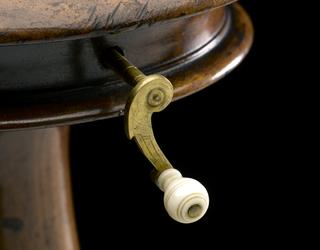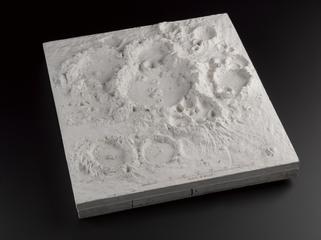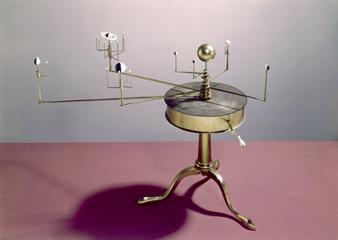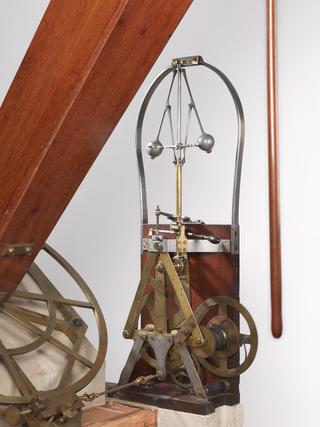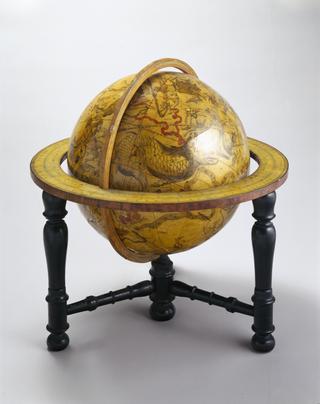Mirror for the Great Rosse Telescope, 1844-1846
Six-foot speculum [metal] mirror on travelling carriage from the Great Rosse Telescope, the 'Leviathan of Parsonstown', built by the Third Earl of Rosse at Birr, Ireland, 1844-46.
More
Six-foot speculum [metal] mirror on travelling carriage from the Great Rosse Telescope, the 'Leviathan of Parsonstown', built by the Third Earl of Rosse at Birr in Ireland, 1844-46. William Parsons (1800-1867), the Third Earl of Rosse built a series of telescopes at Birr Castle his home in Ireland. After casting metal 3-foot diameter mirrors he decide to makes ones 6 feet across. This mirror weighing over 4 tonnes is the only surviving example of the five mirrors that Lord Rosse cast between 1842--5. The resulting reflecting telescope, known as the 'Leviathan of Parsonstown' had a tube 15m long suspended between massive masonry walls. Rosse used this great telescope to try and determine the nature of nebulae, misty patches in the sky. He was the first to discover that some had spiral forms, now known to be remote and massive islands of stars like our own Milky Way Galaxy.
- Measurements:
-
overall: 750 mm x 2460 mm x 2260 mm, 4120kg
- Materials:
- speculum (alloy of copper and tin) , cast iron , wrought iron and textile
- Object Number:
- 1914-370/1
- type:
- speculum mirror
